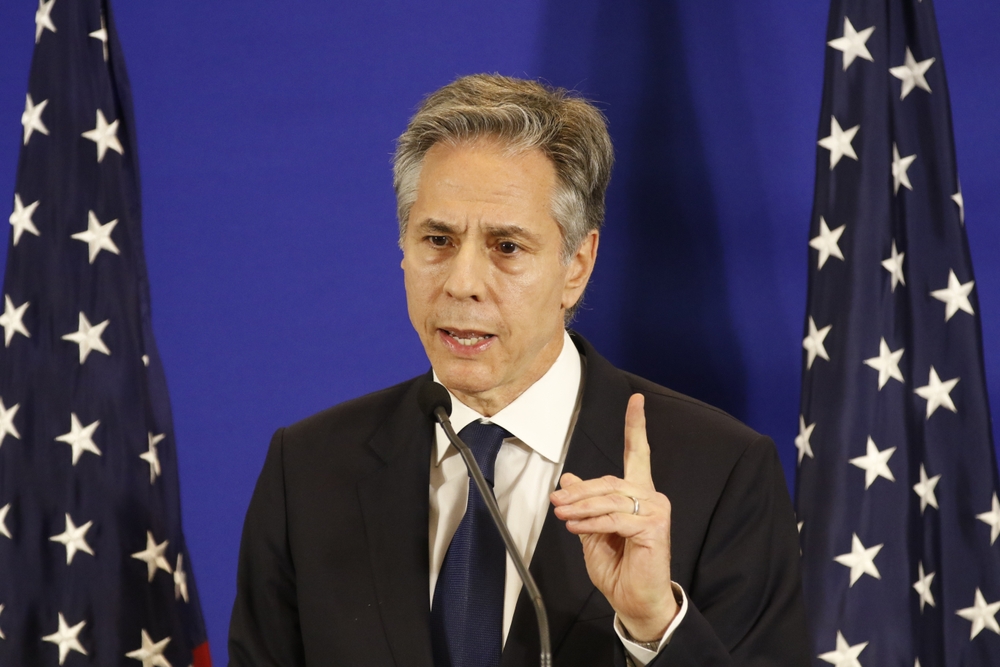The timing of this latest test coincided with Antony Blinken’s visit to South Korea.
Others are reading now
North Korea’s military actions continue to draw international attention, serving as a reminder of the nation’s unique position in global politics.
Known for its secretive government and heavily militarized state, North Korea often uses its weapons program as a tool for political messaging.
Each test serves as both a demonstration of its capabilities and a statement to the global community.
Also read
Missile Test Details
On Monday, North Korea launched what is believed to be an intermediate-range ballistic missile (IRBM) toward the Sea of Japan, according to Digi24.
The test, confirmed by South Korea’s Joint Chiefs of Staff (JCS), marks the first of its kind in 2025.
According to reports, the missile was launched around noon local time from the Pyongyang area and traveled approximately 1,100 kilometers before landing in the sea.
Japan’s Ministry of Defense also detected the missile, noting that it landed outside Japan’s exclusive economic zone.
The Japanese government has formed a team to assess potential damage and gather further information.
This launch comes after a similar incident on November 5, 2024, when North Korea conducted a series of short-range ballistic missile tests.
Those tests were seen as provocations during the politically sensitive period of the U.S. presidential election.
Diplomatic Reactions
The timing of this latest test coincided with U.S. Secretary of State Antony Blinken’s visit to South Korea, his final diplomatic trip to the region before the upcoming transition to President-elect Donald Trump’s administration.
During a press conference with South Korean Foreign Minister Cho Tae-yul, Blinken strongly condemned the missile test.
“This action by the Democratic People’s Republic of Korea is a blatant violation of multiple United Nations Security Council resolutions,” Blinken stated.
The test further strained relations in the region, with Japan’s government also voicing its disapproval.
Both South Korea and Japan have called for increased vigilance in response to North Korea’s actions.


